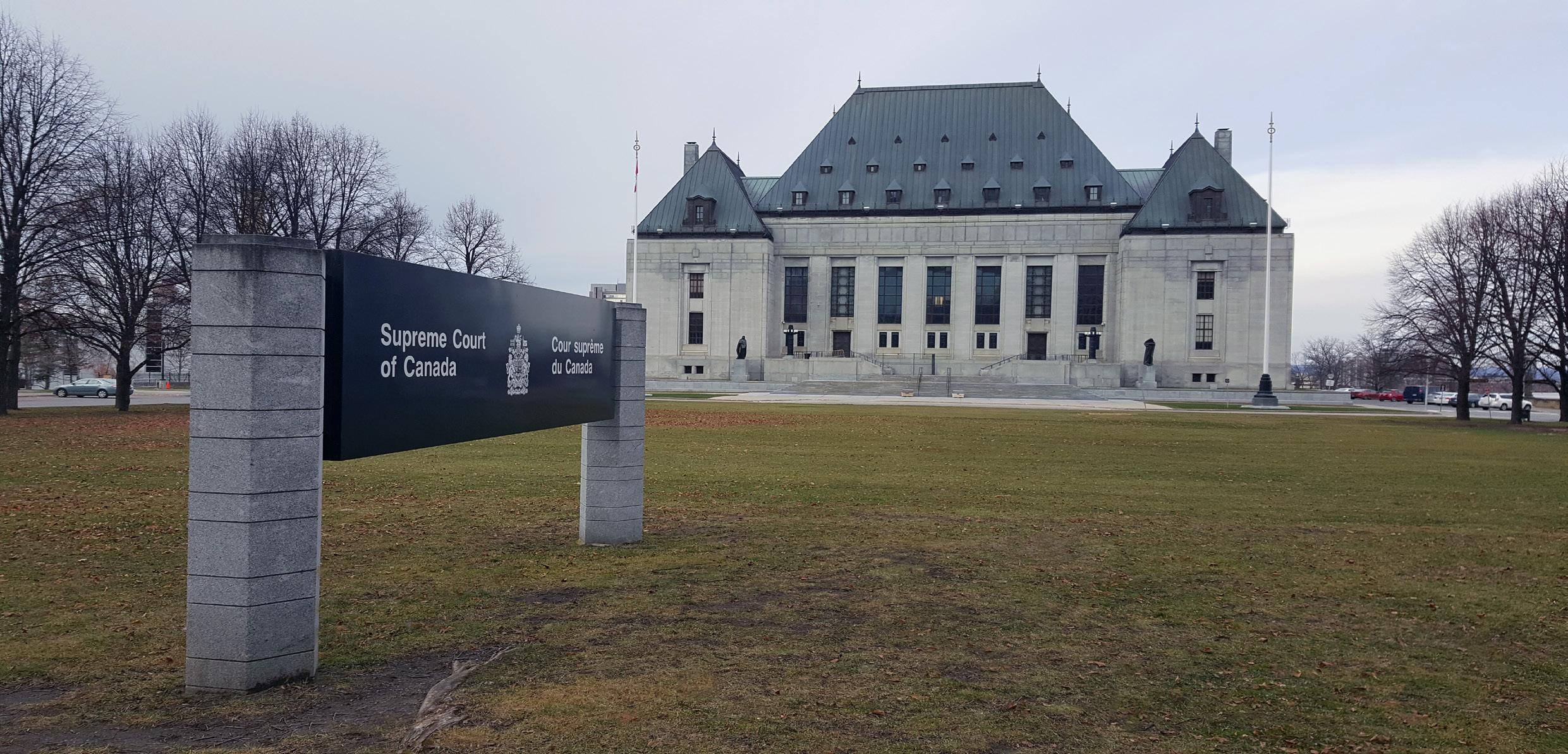
3 minute read
Could Professional Regulation Solve Ontario’s Tow Truck Industry Woes?
By Lana Hall | The Registrar
In 2020, Ontario’s tow truck industry made headlines after large-scale police stings resulted in charges of arson, drug and weapons possession, and even homicide, in an ongoing turf war among industry operators. Allegedly, some towing groups also defrauded insurance companies by staging collisions.
According to transportation, consumer protection and towing industry representatives, limited regulatory oversight has enabled this industry to operate under the radar for years. Provincial regulation could change that.
Currently, 18 out of 444 municipalities in Ontario have bylaws governing towing, but no province-wide regulations or professional licensing exist, says Raymond Chan, government relations manager at the Canadian Automobile Association’s (CAA).
“There’s no requirement for any sort of formal training or education or certification,” he says. “It’s pretty much the Wild West. As long as you’ve got a G license, you are qualified to start hooking up vehicles and start towing them up and down the roads of Ontario.”
In June 2020, following a blitz that resulted in 50 charges against towing industry members and a Toronto police officer, all allegedly assumed to be part of a tow truck corruption ring, Ontario Premier Doug Ford announced the creation of a provincial task force to oversee the industry.
“The task force will help develop a regulatory model that will increase safety and enforcement, clarify protections for consumers, improve industry standards and consider tougher penalties for violators”, reads a press release issued at the time. At a related press conference, Ontario’s Minister of Transportation Caroline Mulroney called for legislation to be enacted by the fall of 2021. The Ontario Provincial Police is conducting their own internal probe into towing-related corruption and on February 25, charged one of their own inspectors with breach of trust.
The idea of tow industry regulation isn’t new. In 2014, Gila Martow, Progressive Conservative MPP for Thornhill, began fielding complaints from her constituents about tow truck activity in her riding.
“I started hearing all these reports of cars being taken to places they hadn’t agreed upon and being charged for things they hadn’t agreed to,” she says. “I heard of people going to see their car once they figured out where the car was, and it was far more damaged than when it was hooked up to the tow. So obviously there’s a bigger problem there.”
After consulting with the CAA, the Ontario Provincial Police, the Provincial Towing Association of Ontario and other industry groups, Martow tabled a private member’s bill to reform the industry. Recommendations included a provincial registry for tow truck operators and an “Uber-type system” for dispatching, paying and regulating service.
“Every tow truck would be on the system, so the clients would know exactly where their car is and would get paid through the system so there couldn’t be extra billing or cars being taken to unusual places,” says Martow. “It would just be done properly.” The bill, however, didn’t reach legislation. Now, Martow is hopeful the government will implement regulation. ‘If there is one thing the pandemic has shown us, it’s that the government can move really fast when it wants to,” she says. Ultimately, provincial legislation could protect the public interest and safeguard the reputation of the industry’s many operators committed to honest service and ethical professional standards, according to CAA.
“For most people, the second largest investment outside of their home is probably their vehicle. I’m not sure about you, but I wouldn’t want an individual hooking up my vehicle without knowing what to do. We need some level of standardization and we need to ensure that consumers are protected,” Chan says. “Most of the towing industry itself in Ontario is good … but the fact that we have all these people who are doing these illegal activities or are trying to seek revenge on each other in the tow industry really says a lot and we think by reforming it and providing these levels of oversight, we will definitely seed out some of these problem areas.”
The provincial government is expected to announce an update on the task force’s activities in the spring of 2021.










